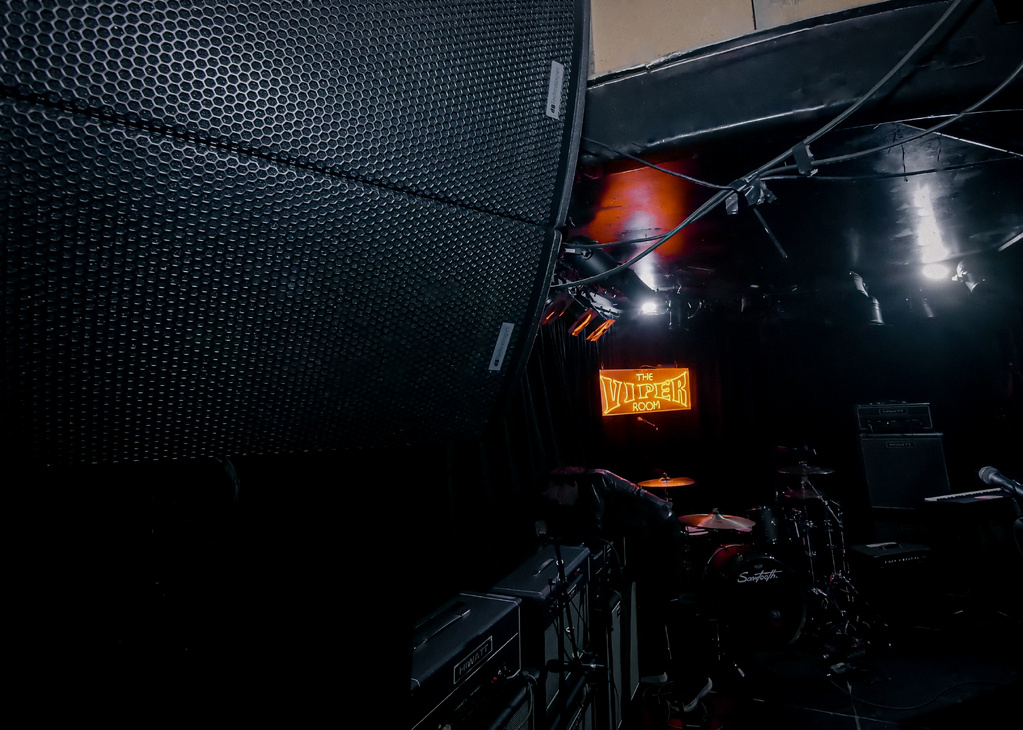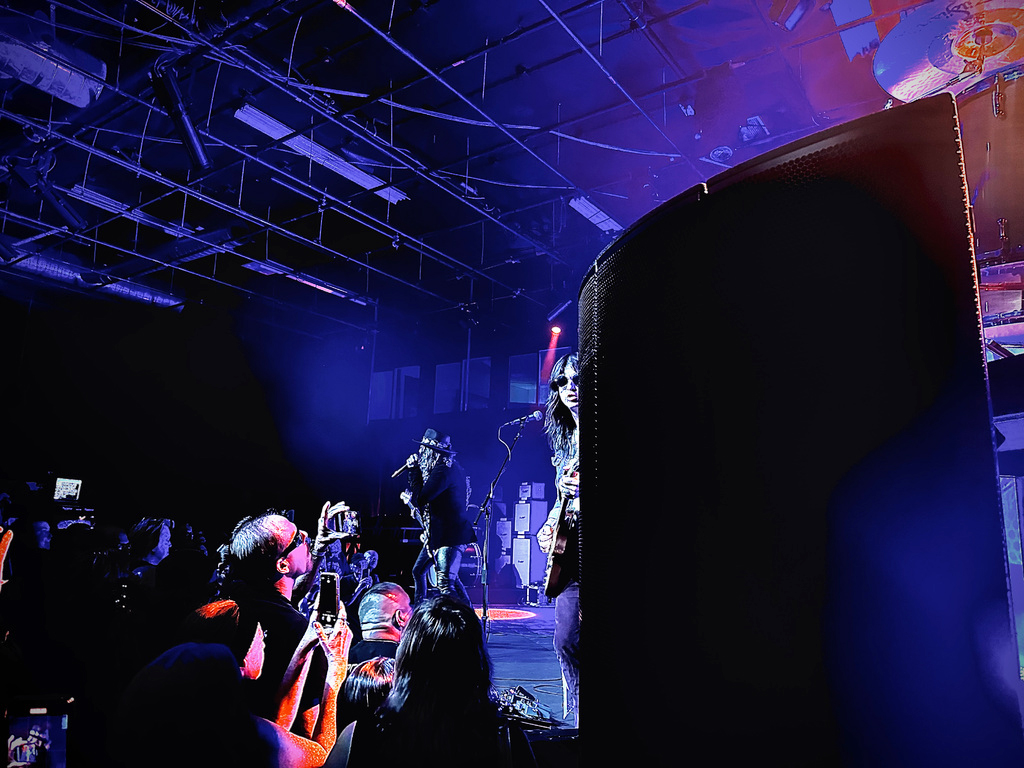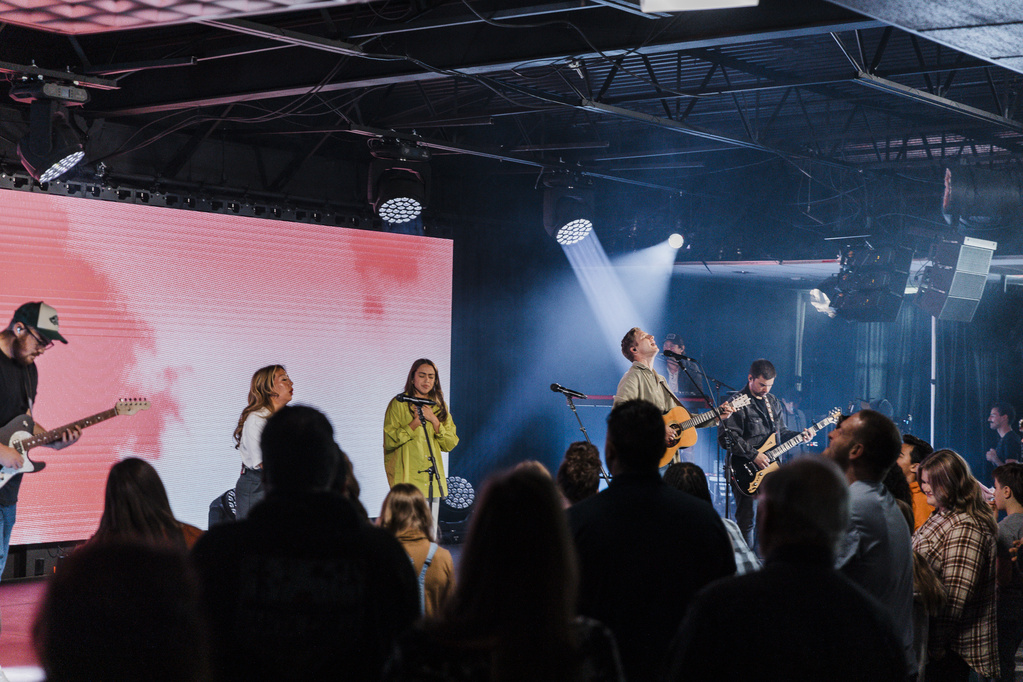
At live events (church services, weddings, concerts and so on), it’s definitely not my favorite thing to tell sound operators how to fix their mixes.
But when there’s basic stuff happening like constant feedback, the monitors turned up louder than the mains, EQ that has taken the vocals out of the mix, and so on, I feel compelled to help, and also to spare the ears of those in the audience.
When I go to the sound booth, I try to be as gracious as possible. Not surprisingly, my “help” is often met with resistance and/or excuses, and the message is loud and clear: get out of here now, buddy! Further persistence on my part is met with greater resistance on their part.
I often ask myself why they’re so defensive when all I’m trying to do is help…
Well, life has a way of supplying us with answers to these questions, and they’re often not what we expect.
Recently I was asked to mix an event for a friend. The musical style was a little different than I normally mix, and further, a scheduling conflict caused me to miss sound check, so I ended up arriving just 15 minutes before the start of the gig.
Thankfully, the house audio person had everything ready for me to still win. The monitors were set, the mix was roughed in. The performance started out great, or at least I thought so… It sounded pretty good, except the vocals were a bit “dull” and felt buried in the mix, so I proceeded to brighten them up.
During the third song I noticed someone standing next to the sound booth, looking kind of anxious. He was trying to catch my eye, and by the fourth song, I leaned over the edge of the booth and asked what he wanted. He replied, kind of nervously, “I don’t mean to bug you, but the vocals are really ripping my head off.”
And immediately—you guessed it—I got defensive. After all, it sounded fine to me. So I did the typical “sure, OK, thanks” combined with a head nod, and turned my attention back to the console. (Muttering “who does that guy think he is?”)
About a minute later, he showed up again. I put on my “polite” smile, leaned over the edge, and this time, he was more direct. Nice, but direct. “The 2K energy in the vocals is killing me, and those around me,” he said.
My blood pressure went up a couple more points as I fortified my defenses. Undeterred, he continued, “Would you mind stepping down, out of the booth, and take a listen by my seat to get an idea of what it sounds like?”
Reluctantly, I walked down the four steps out of the booth, yet confident I would be proven correct. But as soon as I hit the floor—immediately—I knew he was right.
I grabbed his arm, said, “thanks, I get it,” hopped back up the steps to the booth, and quickly began taking out the high frequency boost that I had added to the vocal mics.
I spent the rest of the night walking in and out of the booth so I could hear what was going on with the mix on the main floor.
Many of you have probably already deciphered that in the elevated sound booth, I was out of the high frequency coverage of the mains, leading me to boost the vocals that were in turn hurting so many ears.
Now, I could make a thousand excuses as to why I made such a terrible mistake, but it really comes down to the fact that I broke a number of my own rules for sound engineer success.
1) Because of my schedule problem, I should have never offered to mix. Even though I thought I was helping my friend, was I really helping?
2) When I arrived, I should have walked the room while the pre music was playing. I would have noticed that the booth was lacking high frequency coverage.
3) Since I missed sound check, I never should have mixed. I always tell musicians if they miss sound check they can’t go on stage.(Wow, am I a hypocrite!)
4) I should have been more familiar with the musical style I was mixing. Even though this did not play much into the problem, how can I expect to deliver the best mix if I’m not accustomed to mixing that style of music?
The real saving grace was the kind gentleman that graciously approached me not just once, but twice. Additionally, he just asked me to listen to the mix on the main floor—he didn’t lecture or tell me what to do. Particularly with his genial manner, I should have been more open. My defenses were high for absolutely no good reason.
After the show I tracked down the man to thank him. In the light of the lobby, we both realized we knew each other. In fact, if I’d recognized him, I would have been more attentive the first time he approached the booth, and he said that if he knew it was me in the booth, he would have dragged me by my ear to his seat and made me sit there for a song or two.
Thus, the moral of the story. Be humble, and if you aren’t, audio has a way of changing that!


















